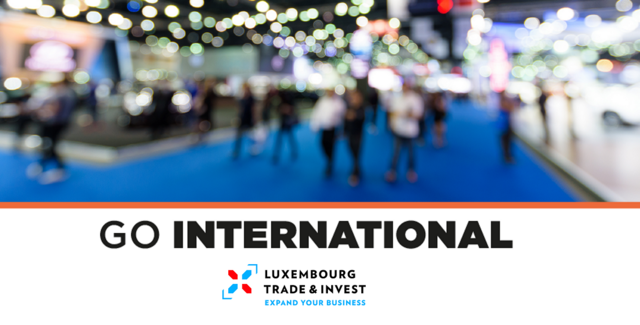

The European Parliament of Enterprises™ (EPE) is the largest event at EU level giving the floor directly to entrepreneurs. It is organised by Eurochambres with an active cooperation of Eurochambres' Member organisations, in collaboration with the European Parliament. For the event, Eurochambres brings together over 700 business men and women, coming from 43 European countries, who get a chance to 'become' Members of the European Parliament (MEPs) for one day, debating and voting on some of the most crucial topics currently at the heart of the political debate.
Participants - the EPE is composed of the same number of entrepreneurs as the number of MEPs and follows the same breakdown by country. Thus, entrepreneurs constituting the members of the EPE gather in the symbolic location of the Hemicycle of the European Parliament and companies from non-EU countries participate as well.
Aims and objectives - the EPE aims to bring companies and Institutions face-to-face for one day, so as to enhance mutual understanding and represents a unique opportunity for businesses to have a direct debate with high representatives of the EU institutions and to provide them with a direct bottom-up feedback on EU policies.
Votes - during the EPE entrepreneurs also exercise their voting rights on major EU business-related issues. The results of the votes are presented by Eurochambres to the relevant political interlocutors from all the EU institutions as "the voice of European businesses”.
Topics - three fields of interest for debate were identified after comparing the political priorities for 2023 put forward by the European Commission, the European Parliament, the Presidency of the Council of the European Union 2023 and Eurochambres.
Energy - the recent surge in energy prices and supply uncertainty has further intensified the pressure on businesses struggling to get back on their feet following the economic impact of the covid-19 pandemic. Sustainable solutions must be found to mitigate the energy crisis. There is a real threat of European deindustrialization as companies, especially in energy-intensive industries, may relocate outside Europe, leading to a loss of competitiveness and undermining the objectives of European strategic autonomy. In this session, we will explore potential EU solutions to the energy crisis that address the core aspects of the energy trilemma: clean, secure, reliable, and affordable energy.
Skills - due to demographic changes, the EU active workforce could decrease by 50 million people over the next 30 years. The covid-19 pandemic has seemingly exacerbated skills shortages already faced by many sectors. The extent of those shortages, at a time of major economic and industrial transformation, calls for a large-scale upskilling and reskilling effort. The 2023 European Year of Skills provides a timely opportunity to initiate a real shift at European level in the design and implementation of skills development policies. To better respond to labour market needs, the mobilisation and improvement of key instruments such as mobility schemes, lifelong vocational education and training and forecasting tools, is needed. However, systemic barriers continue to hamper the full functioning of the single market in relation to labour market mobility. Those obstacles are particularly noticeable when it comes to issues such as the recognition of qualifications or the frameworks governing apprenticeship and training schemes. This session will allow entrepreneurs to outline the nature of the challenges that they encounter and consider with leading policy makers EU level solutions to fully unlock the potential of the single market in terms of skills and human capital.
Trade - with 90% of world economic growth set to be generated outside Europe in the near future, it is essential to preserve and improve an environment where trading rules are stable, transparent, fair and work for businesses of all sizes. Geopolitical tensions, most significantly as a consequence of the war in Ukraine, are undermining the global trade agenda. The single market increases Europe's attractiveness as a trading partner and strengthens our voice at international level. At the same time, there is room for improvement in the implementation of EU trade agreements, especially to enable SMEs to capitalise on the opportunities that they present. The EU must also ensure that coherence between trade and other objectives in relation to foreign policy, competition, development, sustainability and industrial policy is ensured in a manner that strengthens Europe’s global competitiveness. With this complex and challenging context in mind, this session will consider the key components of a proactive EU trade policy that opens international markets for European goods, services, investment and public procurement, reducing and eliminating unjustified trade barriers in third countries.
Registration - an EPE national coordinator has been appointed within each member chamber. Besides assisting Eurochambres in designing the content of the event, identifying the topics for debate and preparing resolutions for voting, national coordinators are responsible for the recruitment of entrepreneurs corresponding to the number of MEPEs allocated to their country. Therefore, questions related to the potential participation of companies in the EPE2023 should be addressed to the national coordinator of the relevant country. For any information regarding the national coordinators, please visit the page contact.

